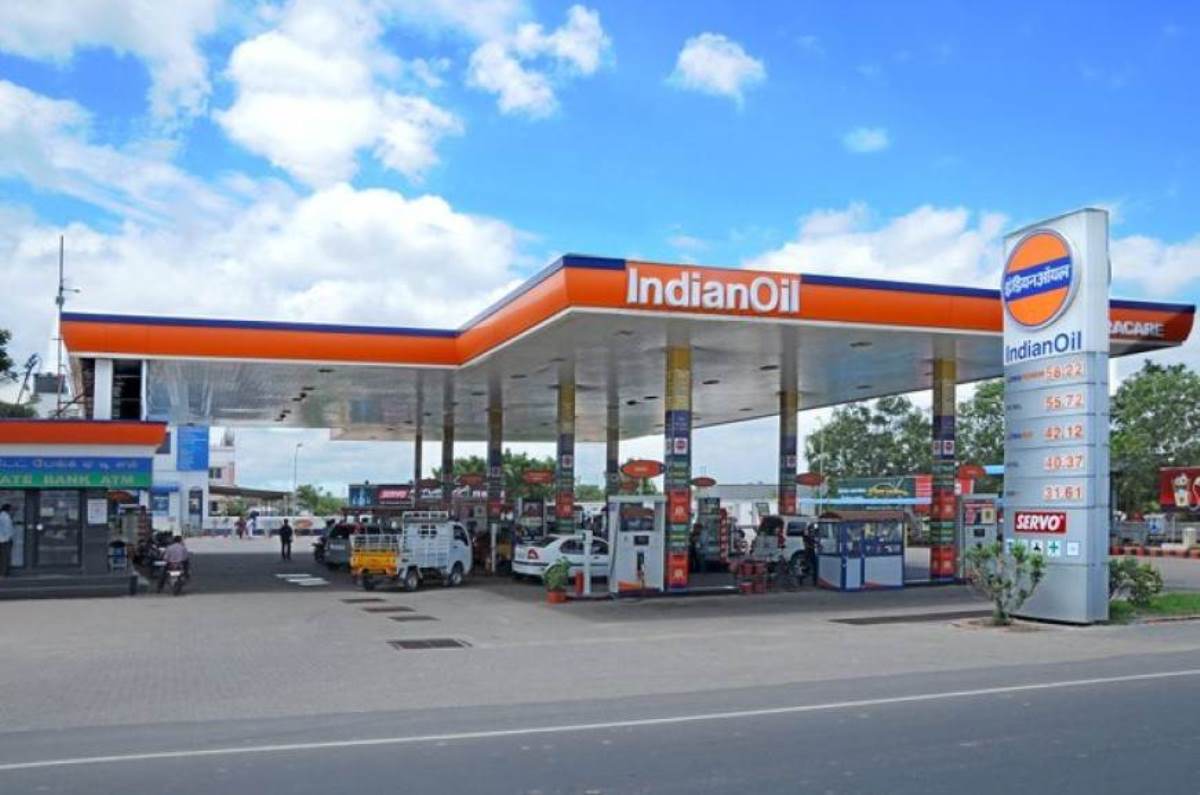Indian Oil rolls out 95 octane petrol

Indian Oil has introduced its XP95 branded high octane petrol. During his keynote address at a recent virtual conclave organised by our sister publication Autocar Professional on 'Meeting Emission Challenges', Indian Oil Corporation’s Chairman, Shrikant Madhav Vaidya, said, "From May 1, we will be launching XP95 and about 30 percent of Indian Oil retail outlets will be selling this."
- XP95 touted to deliver better mileage
- 95 octane petrol will be crucial for automakers to meet upcoming emission norms
- IOCL reports improved fuel economy and lower vibrations with 55 cetane diesel
Commenting on the roll out planned for the 95 octane petrol, he said, "It will be available all across India and we will increase the percentage (of XP95 outlets). In fact, out of my 32,000 retail outlets, nearly 8,000 will be rolled out with XP95 on May 1, and by the end of June, nearly 12,000-13,000 retail outlets will have it."
95 octane petrol: What does it mean for you?
Indian Oil had launched 100 octane petrol (XP100) last year at a price of Rs 160/litre and the fuel was primarily aimed at owners of high performance cars and bikes. However, XP95’s markup over base petrol is just about 50-60 paise/litre, so it will cater to a much wider spread of petrol vehicle owners, with even average commuters set to see the benefits.
Octane rating of a fuel essentially highlights its tendency to resist knocking – a phenomenon caused by the untimely ignition of fuel inside the combustion chamber that can damage the engine. The higher the rating, the better the knock resistance, which translates into improved performance and fuel economy. As such, XP95 could especially interest owners of cars with turbo-petrol engines, which are notorious for low fuel efficiency in the real world.
95 octane petrol: What does it mean for the auto industry?
Regular petrol is rated at 91 octane. "There is a long-time demand from SIAM (Society of Indian Automobile Manufacturers) for 95 octane gasoline," said Vaidya. However, with the monumental challenge of switching to low-sulphur fuels during the transition to BS6, the oil industry had decided to stick to 91 octane. According to experts, this has penalised the fuel economy and performance of vehicles by as much as 3-4 percent in the current era.
A higher octane rating allows engines to be designed with a higher compression ratio, which is crucial for improving efficiency and reducing emissions. "I am sure that 95 octane is a very important ingredient for the CAFE norms, which we are all working for, and we are committed to supply 95 octane," commented the IOCL chief.
This, then, will facilitate the auto industry to meet the corporate average fuel economy (CAFE) norms that will come into effect from 2022, as well as the real driving emissions (RDE) norms, which will come into play the year after.
"So, this will go a long way, in the long-awaited shift from 91 octane to 95 octane, which the automobile industry is very eagerly waiting for," he added.
Indian Oil to launch 55 cetane diesel very soon
In addition to petrol, Indian Oil is also getting ready to introduce high-performance diesel. "We are also launching a new, upgraded fuel by the way of high-performance diesel that will have a 55 cetane number. Just for everyone’s information, the IS specification (of regular diesel) is 51," said Vaidya. The significance of the cetane number for diesel is similar to that of the octane number for petrol.
The high-grade diesel is said to have proven mileage benefits. "We have developed a multi-functional additive. Very recently, we have done a trial on commercial vehicles at iCAT (International Centre for Automotive Technology) Manesar and you won’t believe me that we got a fuel efficiency (gain) of more than 6.9 percent. That is a phenomenal increase, especially for state road transport undertakings, big fleet operators or even retail customers."
The IOCL chairman touted some further advantages, "It has got the added benefits of reduced emissions and reduced noise factor, which plays a big role in diesel engine vibration, as well as the maintenance aspect."
He added that IOCL "will be launching it very soon", though he didn’t reveal the exact timeline.
Also see:

No comments
please do not enter any spam link in the comment box